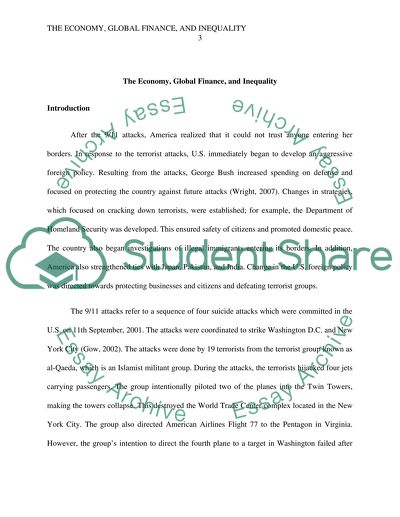Cite this document
(“The Economy, Global Finance, and Inequality Research Paper”, n.d.)
The Economy, Global Finance, and Inequality Research Paper. Retrieved from https://studentshare.org/finance-accounting/1452071-the-economy-global-finance-and-inequality
The Economy, Global Finance, and Inequality Research Paper. Retrieved from https://studentshare.org/finance-accounting/1452071-the-economy-global-finance-and-inequality
(The Economy, Global Finance, and Inequality Research Paper)
The Economy, Global Finance, and Inequality Research Paper. https://studentshare.org/finance-accounting/1452071-the-economy-global-finance-and-inequality.
The Economy, Global Finance, and Inequality Research Paper. https://studentshare.org/finance-accounting/1452071-the-economy-global-finance-and-inequality.
“The Economy, Global Finance, and Inequality Research Paper”, n.d. https://studentshare.org/finance-accounting/1452071-the-economy-global-finance-and-inequality.


